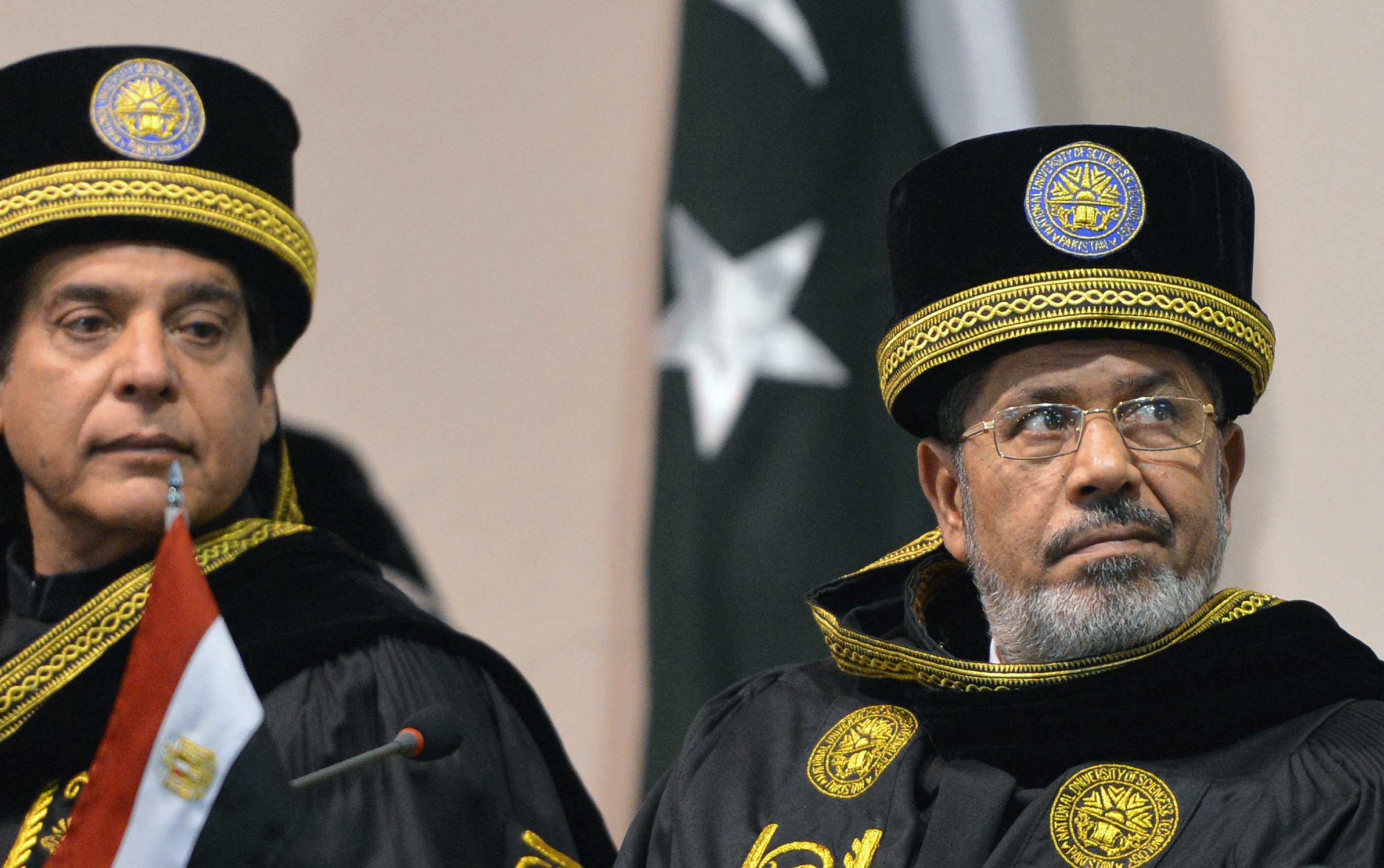Reuters
JERUSALEM: A crisis in Gaza has tested Egypt s ability to mediate between the Palestinians and Israel, whose mutual refusal to give ground over a soldier captured by militants has upset Cairo s diplomatic efforts, analysts say. Egypt last year coaxed a unilateral halt to attacks on Israel from Palestinian factions. But difficulties persuading captors to give up the Israeli soldier seized over a week ago could reflect its waning influence over militants. Syria has also countered Egypt s efforts by refusing to put pressure on the Damascus-based exiled political leadership of Hamas, whose armed wing was one of three militant groups which captured the 19-year-old tank gunner. Egyptian mediators have proposed that the captors let the soldier go in exchange for Israeli releases of Palestinian prisoners down the line, Palestinians say. Militants holding the soldier want the immediate release of Palestinian prisoners. But Israel says it will not yield to extortion. A senior Palestinian official told Reuters that Syria was backing the demand for a simultaneous exchange of prisoners. The Egyptians are talking to senior Syrian officials whose message was to insist on a prisoners swap, the official said. Syria says it will not pressure Hamas leaders to help free the soldier as long as an Israeli offensive on Gaza continues. The Syrians are up to what they ve always been up to – spoiling any chance for a peaceful settlement of issues by supporting the more extreme elements, in this case Hamas, Israeli political analyst Yossi Alpher said. Egypt, which in 1979 became the first Arab state to make peace with Israel, has regularly provided a diplomatic channel between the Palestinians and the Jewish state. Egypt sees peace on its eastern border as essential to regional stability, but analysts also say Egyptian mediation has been an important way for Cairo to prove its worth to the United States, its main foreign aid donor. The assumption is that Egypt is important because it can speak to both, because its option for peace is working, because it can bring substantial results for each actor, said Egyptian political analyst Mohamed El-Sayed Said. None of these hold true for either side now, he said. Egypt s influence over the Palestinians had also appeared to dwindle since the death of Yasser Arafat and Hamas victory in a parliamentary election in January, Said added. Hamas rejects the peace deals Arafat signed with Israel. Crucially, Egypt has been unable to present the soldier s captors with a persuasive offer from Israel on releasing Palestinians from its jails, said Mouin Rabbani, an Amman-based analyst with the International Crisis Group, a think tank. We re not talking about an Egyptian unilateral ceasefire proposal where they only thing they have to do is to acquire a yes from Hamas, Rabbani said. Now Egypt cannot succeed without Israeli cooperation, he said. Former Egyptian Foreign Minister Ahmed Maher blamed Israel for scuppering his country s mediation efforts. We always try, we will continue to try. But to do that you have to have an attitude from Israel that is willing to find a solution, he said. -Additional reporting by Wafa Amr in Ramallah

